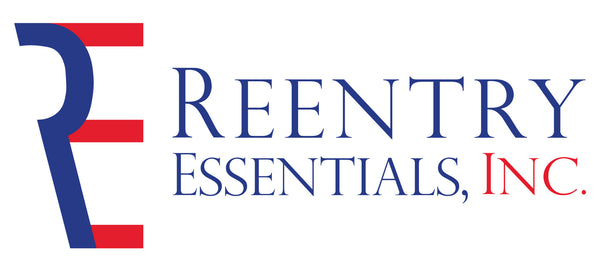Credit Card Basics
The Convenience of Credit
Credit cards can be powerful financial tools for you and your family, and as with all financial products, they need to be used carefully. A credit card is a powerful payment option that allows you to purchase necessary items now and pay later.
Advantage to Using a Credit Card:
- Being able to buy needed items immediately and earn rewards for purchases.
- Credit cards can also offer more security than other options, as they protect from fraud and eliminate the need to carry large amounts of cash.
With These Advantages Come Responsibilities
Using a credit card is like taking out a loan. If you don't pay your card balance in full each month, you'll start paying interest on that loan.
- Credit cards have to be managed wisely in order for you to avoid paying interest and accruing debt.
- Understand all terms and conditions.
- Stay on top of payments and realize the true cost of purchases made with credit.
- Maximize the benefits of credit while minimizing the risks to become a responsible credit card owner.
Choose Wisely
The best way to maximize the benefits of credit cards is to understand your financial lifestyle—what you need, what you want and how much money you spend. Begin your search for a credit card by determining key factors like how often you’ll use it, whether you’ll want to use it overseas and if the financial institution that offers it has a branch near you, its important to make sure you know the terms of the credit card in the following areas:
- Annual Percentage Rates (APRs) and whether rates are fixed or variable
- Annual, late and overdraft-limit fees
- Credit limit on account
- Grace periods before interest begins accruing
- Rewards including airline miles or cash back
Many banks offer lucrative travel rewards deals if you are willing to pay the annual credit card fees.
Use Your Credit Card Responsibility
Except in case of emergency, you should use your credit card the way you would a debit card. Don't charge purchases that you can't afford to pay for. You should keep track of your spending and ensure you can make your payments on time. Missed payments and compound interest can lead to debt, so manage your spending and make payments on time.
Secured cards can be a good option for those who don't qualify for unsecured credit cards. They limit the credit line to an initial cash deposit carried on the card.
Understand Your Rights
Credit card holders are entitled to protections. Zero liability means you are not responsible for fraudulent charges when you report them promptly. In some cases, you have the right to dispute purchases with merchants for unsatisfactory products or services. If you see fraudulent activity on your card or need to dispute a charge, call your financial institution immediately.
Write It Out
Do you have a clear idea of how much debt you have? Many people may avoid thinking about their debt load because it causes stress. Learn to cope with debt by paying it off strategically.
- Start by making a list of everything you owe, whether it's a mortgage, a credit card or student loans.
- Focus on paying off the most urgent debts-loans with the highest interest rates cause the greatest financial impact if you don't pay them off.
- Cut back on other spending so you can pay off debt faster. It will save you money in interest and allow you to focus on other financial goals.
The True Cost of Credit
If you don't pay off your credit card balance every month, the interest that adds up could mean you'll be paying more than you planned. See how much extra you might pay on a $1,000 credit card purchase with varying interest rates.

Debt Management Resources
There's help available when you're struggling financially. If you think you're falling behind in payments, credit counseling resources are available at little or no cost.
National Foundation for Credit Counseling
1-800-388-2227
nfcc.org
The Federal Trade Commission
1-877-382-4357
ftc.gov/bcp/menus/consumer/credit/debt.shtm
American Consumer Credit Counseling
1-800-769-3571
consumercredit.com
To View a PDF version of this article click Here
